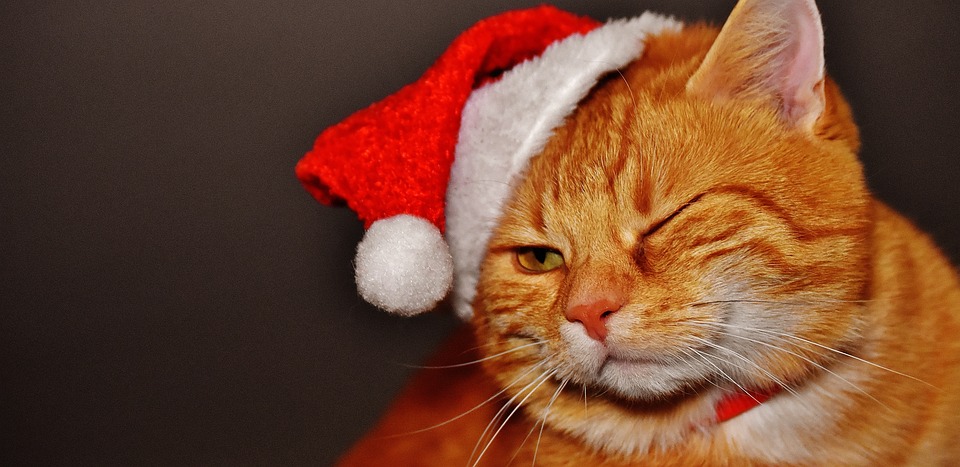As a responsible cat owner, it’s crucial to prioritize your feline friend’s dental health. Just like humans, cats can suffer from a range of dental problems that can lead to discomfort, pain, and even serious health issues if left untreated. In this article, we will explore the importance of cat dental health, common dental problems that affect cats, and provide valuable tips on how to prevent them.
Why Cat Dental Health Matters
Proper dental care is essential for maintaining your cat’s overall health and well-being. Here are some reasons why cat dental health matters:
1. Preventing Periodontal Disease: Periodontal disease is one of the most common dental problems in cats. It occurs when plaque and tartar build-up on the teeth, leading to gum inflammation, tooth decay, and potentially tooth loss. If left untreated, the bacteria in the mouth can enter the bloodstream and affect other organs, including the heart, liver, and kidneys.
2. Ensuring Pain-Free Chewing: Cats use their teeth to chew their food, and any dental issues can make eating a painful experience. Dental problems can cause discomfort, difficulty chewing, and even loss of appetite, leading to malnutrition and weight loss.
3. Preventing Bad Breath: While some level of “cat breath” is normal, persistent bad breath can be a sign of underlying dental issues. Regular dental care can help keep your cat’s breath fresh and free from unpleasant odors.
4. Preventing Systemic Infections: Dental problems can provide a gateway for bacteria to enter the bloodstream, leading to systemic infections. These infections can have serious consequences for your cat’s health and may require invasive treatments.
Common Dental Problems in Cats
Now that we understand the importance of cat dental health, let’s explore some common dental problems that cats may face:
1. Gingivitis: Gingivitis is an inflammation of the gums caused by the accumulation of plaque and tartar. Symptoms include red, swollen gums, bleeding, and bad breath. If left untreated, gingivitis can progress to periodontal disease.
2. Periodontal Disease: Periodontal disease occurs when gingivitis is left untreated, leading to the destruction of the gum tissue, tooth decay, and potential tooth loss. Symptoms include inflamed gums, bad breath, drooling, and difficulty eating.
3. Tooth Resorption: Tooth resorption is a painful condition where the body starts breaking down a tooth, leading to its gradual destruction. The cause of this condition is still unknown, and affected teeth may need to be extracted to prevent further pain and discomfort.
4. Stomatitis: Stomatitis is a severe dental condition characterized by inflammation and ulceration of the mouth’s tissues. It can cause extreme pain, difficulty eating, and excessive drooling. Stomatitis often requires extensive dental intervention, including tooth extraction.
Preventing Dental Problems
Prevention is key when it comes to maintaining your cat’s dental health. Here are some tips to help prevent dental problems:
1. Regular Teeth Brushing: Brushing your cat’s teeth regularly with a pet-safe toothbrush and toothpaste helps remove plaque and prevent tartar build-up. Start by gradually introducing tooth brushing to your cat’s routine.
2. Dietary Considerations: Feeding your cat a balanced diet that includes dental-specific dry food or dental treats can help reduce plaque and tartar formation. Consult with your veterinarian to choose the best dental diet for your cat.
3. Annual Dental Check-ups: Regular dental check-ups with a veterinarian are crucial for early detection of dental issues. A professional dental cleaning may be necessary to remove stubborn tartar and maintain your cat’s oral health.
4. Provide Chew Toys: Offering appropriate chew toys can help keep your cat’s teeth clean by reducing plaque and tartar build-up. Look for dental toys specifically designed to promote dental health.
FAQs
1. How often should I brush my cat’s teeth?
– Ideally, you should brush your cat’s teeth daily. However, if that’s not feasible, aim for at least three times a week.
2. Can I use human toothpaste for my cat?
– No, human toothpaste can be toxic to cats. Always use toothpaste formulated specifically for pets.
3. My cat refuses to let me brush her teeth. What can I do?
– Start by introducing tooth brushing gradually. Use a finger brush or a soft cloth to get your cat accustomed to the sensation. Consult with a veterinarian for alternative dental care options.
4. Are there any signs that indicate my cat may have dental problems?
– Watch out for symptoms such as bad breath, swollen or bleeding gums, difficulty eating, drooling, and a decrease in appetite. If you notice any of these signs, consult with your veterinarian.
Remember, maintaining your cat’s dental health is an essential part of their overall well-being. By prioritizing regular dental care, you can help ensure your feline friend enjoys a healthy and pain-free life.








